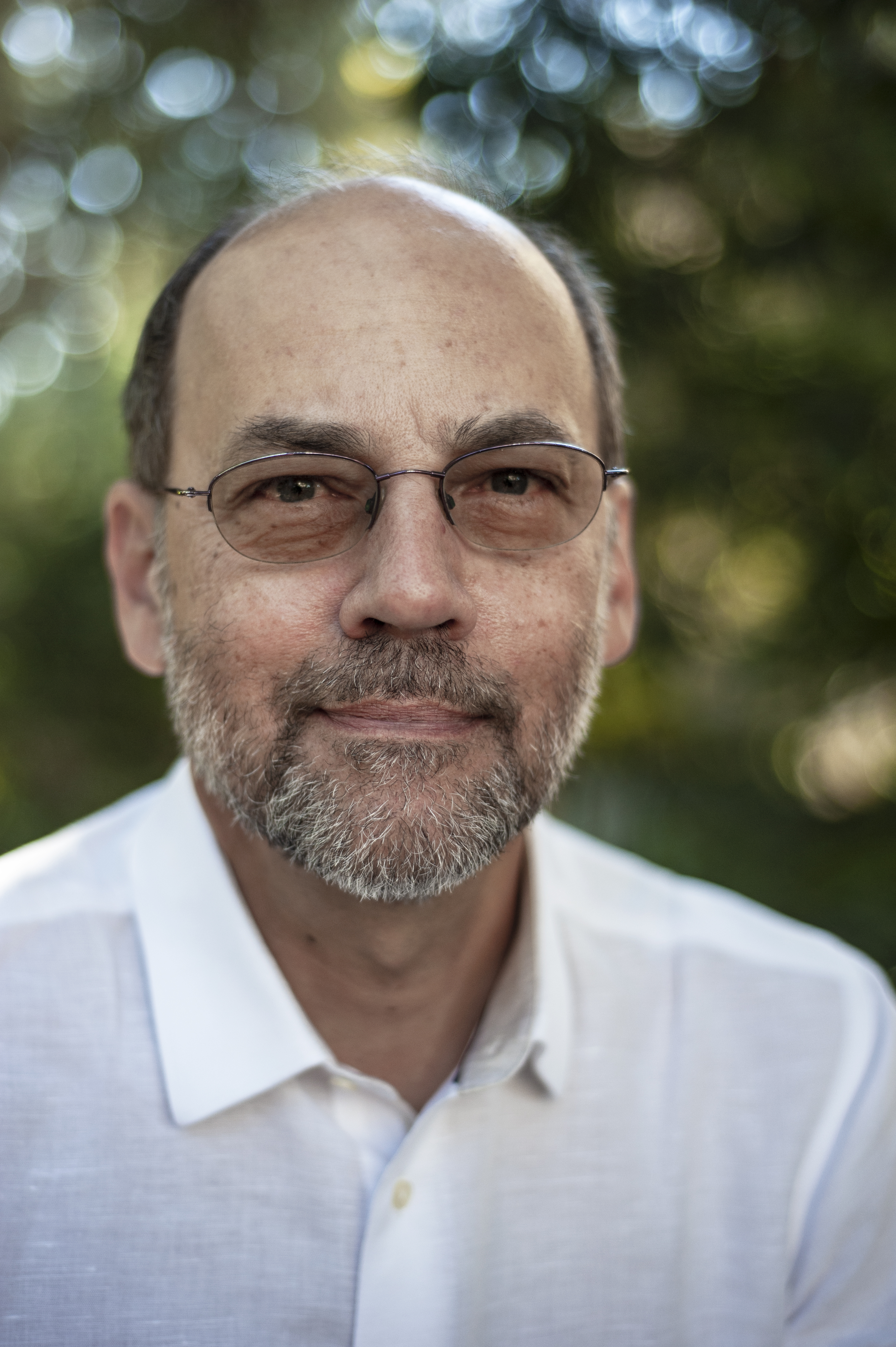Keynote Speech 2
Determinism in Time-Sensitive Cyber-Physical Systems
Prof. Edward A. Lee: Distinguished Professor, University of California at Berkeley
Time-sensitive cyber-physical systems integrate an unpredictable physical world, event-triggered and time-triggered actions, communication networks with varying reliability, and computation that takes unpredictable amounts of time. It might seem that we have to abandon any notion of determinism and embrace uncertainty. In this talk, I will argue to the contrary, that deterministic models become even more valuable in such scenarios. Among their many benefits, they enable systematic testing, they shift complexity from application logic to infrastructure, they enable fault detection, they facilitate composability, and more. The key is to understand that determinism is a property of models, not of physical realizations. In engineering, our primary goal is to coerce the physical world to match our models. In contrast, in science, the primary goal is to coerce the models to match the physical world. The engineering approach is much more tractable for complex time-sensitive cyber-physical systems. In this talk, I will examine what we mean by "determinism" in engineering, science, and a bit in philosophy. Whether a model is deterministic or not depends on how one defines the inputs and behavior of the model. I will conclude by outlining a practical deterministic model well suited for designing practical, complex, distributed, time-sensitive cyber-physical systems.
Biography
Prof. Edward A. Lee has been working on embedded software systems for 40 years. After studying and working at Yale, MIT, and Bell Labs, he landed at Berkeley, where he is now Professor of the Graduate School in EECS. His research is focused on cyber-physical systems. He is the lead author of the open-source software system Ptolemy II, author of textbooks on embedded systems and digital communications, and has recently been writing books on philosophical and social implications of technology. His current research is focused on a polyglot coordination language for distributed real-time systems called Lingua Franca that combines features of discrete-event modeling, synchronous languages, and actors.

